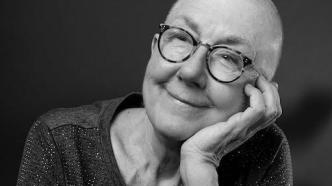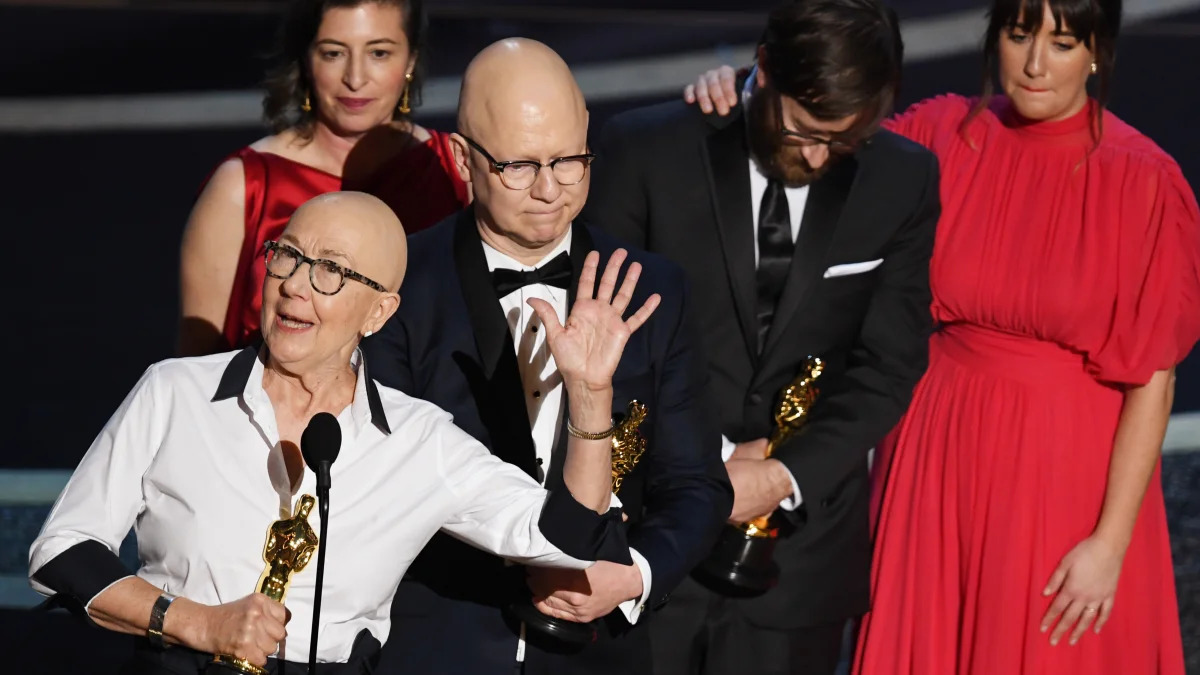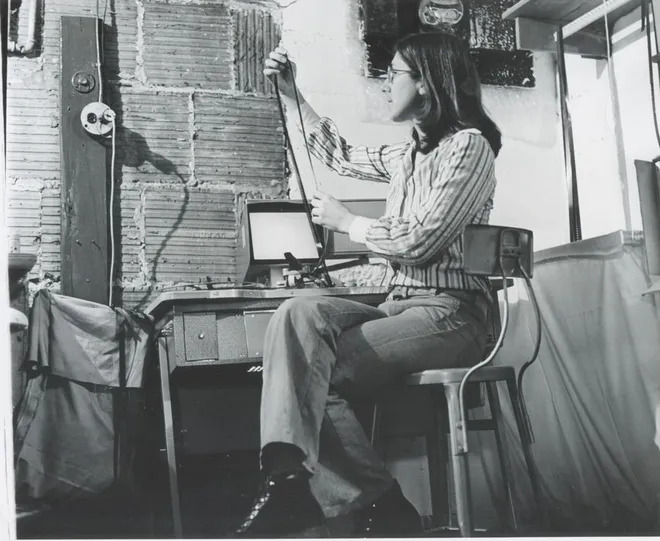
On December 1, local time, the famous documentary filmmaker Julia Reichert (Julia Reichert) died of cancer at her home in Ohio at the age of 76.
In 2020, Reichert won the 92nd Academy Award for Best Documentary Feature Film for his documentary "American Factory", which focuses on the process of Chinese entrepreneur Cao Dewang starting a business on the former site of a General Motors factory in Ohio. Reichert was diagnosed with advanced non-Hodgkin's lymphoma as early as 2006, and then recovered after chemotherapy, but suffered from advanced urothelial cancer in 2018, and ultimately failed to escape the claws of the disease.

Julia Reichert (first from left) won the Oscar for Best Documentary Feature for "American Factory"
Julia Reichert was born in a working family in New Jersey, USA on June 6, 1946. Her father was a professional butcher working in the market, her mother was a nurse, and she had three brothers. Except for her, the whole family has no interest in art and literature, which makes Julia, who has had a strong interest in literature and art since she was a child, become an exception.
After graduating from high school, Reichert became the first college student in his family, enrolling in the media education department at an internship college in Ohio. The reason why she chose there was that she was interested in the school system where they studied for half a year and practiced for half a year. She hoped that she would not be stuck in the ivory tower and cut off contact with the public.
On the day of the freshmen's registration, the students in the class took turns to introduce themselves, and it was only then that Reichert realized that all the students around him were from the families of lawyers, engineers or poets. "My dad works in a vegetable farm and didn't finish junior high school, so when it was my turn to speak, I lied without thinking and said my father was a vegetable farm manager. I lied about my class background. When I wake up Come here and tell the truth again, it was already a few years later, after I discovered the two new continents of film and Marxism.” She recalled in an interview with the media a few years ago.
Film screenings at the university opened the door to a new world for Reichert. Alain Resnais's "Night and Fog" and Frederick Wiseman's "Titicut Follies" made her see the fascination of documentaries. However, the United States at that time was experiencing a vigorous hippie movement, and Julia Reichert, who was about to move, also caught up with the tide of the times. She temporarily put aside her studies, first went to Mexico to study archeology for a while, then hitchhiked all the way to California to spend the "Summer of Love", and then lived in New York for a while.

Young Julia Reichert
When he was in New York, because of his hobby of photography, Reichert applied to work as a secretary in a photo-finishing agency, and his work location was very close to the Museum of Modern Art. At that time, the Museum of Modern Art had free experimental film screenings at noon every day. In this way, she used her lunch break to insist on going there every day to watch movies, and gained strength from the movies of American independent female director Maya Deren, and finally moved the idea of making movies by herself. In the autumn of 1968, Reichert, who had dropped out of school for a year and a half, returned to campus, signed up for the newly established film elective course, and embarked on the road of film.
The documentary "Growing Up Female" released in 1971 was Julia Reichert's first official work. The film was co-created by her and her boyfriend Jim Klein, a classmate and boyfriend from the film elective class. It uses the "cinema verité" (cinema verité) documentary method to track the life experiences of many American women of different ages. Elements of Feminism, was added to the permanent collection of the National Film Registry of the Library of Congress in 2011.
Five years later, the two co-directed the documentary "Union Maids" (Union Maids), which was nominated for the Academy Award for Best Documentary Feature the following year. In 1983, the two co-directed Seeing Red: Stories of American Communists, a documentary about the American communist movement. The film had its world premiere at the New York Film Festival and was highly praised by the left-wing media in the United States. It was also nominated for an Oscar.
In 1986, Julia Reichert and her husband Jim Klein parted ways, so her career in documentary filming was also affected. She once switched to an independent feature film, but the result was not very successful. In 1997, she and her second husband, Steven Bognar (Steven Bognar), began to focus on a group of young patients at Cincinnati Children's Medical Center who were fighting cancer, and it took six years to complete the documentary "Lion "(A Lion in the House), which won an Emmy Award and an Independent Spirit Award.
In fact, the daughter of Reichert and her ex-husband Jim Klein suffered from non-Hodgkin's lymphoma. Fortunately, it was discovered early and eventually cured, and this became the reason for her filming "Lion". Unexpectedly, not long after the filming was finished, she herself was diagnosed with non-Hodgkin's lymphoma and had to undergo chemotherapy for a long time.
In 2008, Julia Reichert, who had successfully fought cancer, shifted her focus to a closed General Motors factory in Ohio and its more than 3,000 unemployed workers, and made "The Last Car" (The Last Car). Truck: Closing of a GM Plant) was nominated for an Academy Award for Best Documentary Short.
In 2015, China's Fuyao Group announced that it would open a new factory on the former site of the closed factory, providing thousands of jobs for locals. Reichert and Steven Boehner decided to "stalk and chase" and completed the filming of the documentary "American Factory" in more than three years.
At the 2019 Sundance Film Festival, "American Factory" won the Best Director and Best American Documentary Awards, and was bought by the streaming media giant Netflix. At the 2020 Oscars, the film defeated strong opponents such as "Honey Land", and finally let Julia Reichert, who has been nominated for three Oscars, successfully win the statuette, and she also quoted "The Communist Manifesto" in her acceptance speech Said: "Today, the life of workers is getting more and more difficult, but we firmly believe that the future is bright for workers all over the world united."
Julia Reichert has been in the film industry for half a century, and has always used her lens to focus on the civilian class and vulnerable groups. In terms of shooting techniques, she is accustomed to using a large number of first-hand interview materials from the parties involved. The characteristics are very obvious in "American Factory".
She once said that the American social trend in the 1960s left her with an indelible mark on her growth throughout her life. "Our generation has witnessed the racism of the United States, the global hegemony and imperialism of the United States, and the huge gap and injustice between different social classes. We wanted to break all these old orders. In a broad sense, we It's the revolutionary generation."


